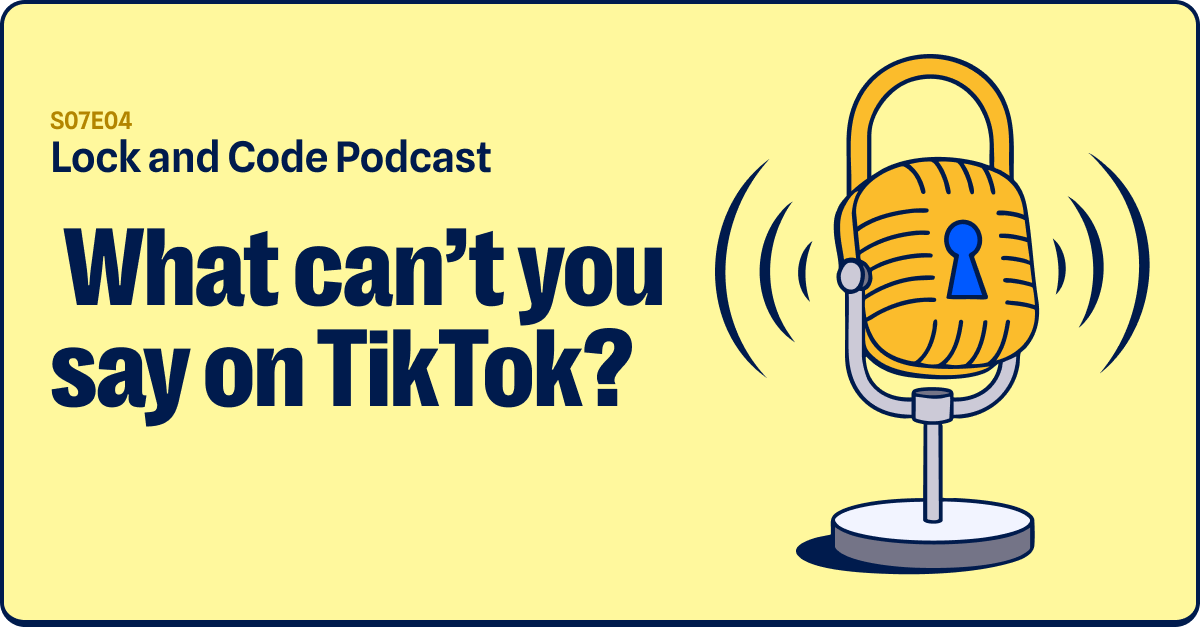Last week, I gave a talk at BSides Manchester based on a previous blog series for Malwarebytes Labs called “The digital entropy of death.”
What do you do when a relative or close friend dies, leaving all of their digital accounts lying around for anyone to break into and make use of? Which companies have provisions in place for being able to “claim” said accounts, offering the ability to lock them down, download selected data, or just purge the profiles from their systems? Do you have a system in place for relatives to take control of your online presence should the worst happen? Are they aware of all the micro-transactions and direct debits going out of your account?
The follow up to my blog on what to do with your online accounts when you die covered the endlessly shifting sands of the net itself, exploring the world of link rot.
It’s all too easy to envisage a future where all the actual content has faded from the net, and all that’s left is dormant profile accounts. We even have a peculiar ecosystem that’s sprung up around sites going offline/removing old content to make space for new articles. Even the links still online may switch expected content around and cause headaches for people trying to access them. What lurks at the other end of a URL you thought you could trust?
All of this and more was covered in the presentation, and you can watch the full recording below.
The various sections of the presentation (roughly 45 minutes in length) are as follows:
* Statistics: How many deaths happen per year, and how many online accounts do we have? * Rezzing: The three main ways of bringing back a dormant account. * Digital assets and deficits: Exploring the types of wills available, retaining ownership of accounts post-death, and the notion of inbuilt DRM timers based on life expectancy. * The DIY approach: How people try to keep control of accounts belonging to loved ones. * Companies dealing with death: How do the big players in the web space deal with this issue? * Link rot: What happens when the web starts falling to bits? Which businesses are looking to make some money from it, and how?
This is a subject covered online fairly frequently, but perhaps awareness of said articles isn’t as widespread as it could be. Since giving the talk, I’ve had a lot of positive feedback alongside plenty of examples of “this horrible thing happened to our family.” It’s definitely something that can and will spring up unannounced, and it’s up to us to ensure that the incredibly stressful impact of death is lessened as much as possible.
Nobody wants to be stuck messing around with online accounts, much less hunting around for them, when someone has died, but it’s increasingly becoming something we need to think about. Thankfully where a chasm exists between the digital wants and needs of a grieving family and specific laws in their region of the world that don’t (or can’t) account for digital conundrums, more and more companies are stepping up to offer their own solutions to this incredibly difficult problem.










